
Paris Olympic Games a stage to make women feel ‘empowered’, says record-breaker mum
- Ultra-runner Natalie Dau, 52, who recently ran 1,000km in a record 12 days, says it is possible now to be a mother and also an elite athlete
A record-breaking ultra-runner and mother has backed female athletes at this summer’s Olympic Games to deliver storylines that “empower women”.
Natalie Dau recently defied serious injury and illness to run 1,000 kilometres from Thailand to Singapore, via Malaysia, in a record 12 days. The 52-year-old, who has a daughter, aged 15, is anticipating elite women in Paris underlining that it is possible to flourish athletically following childbirth.
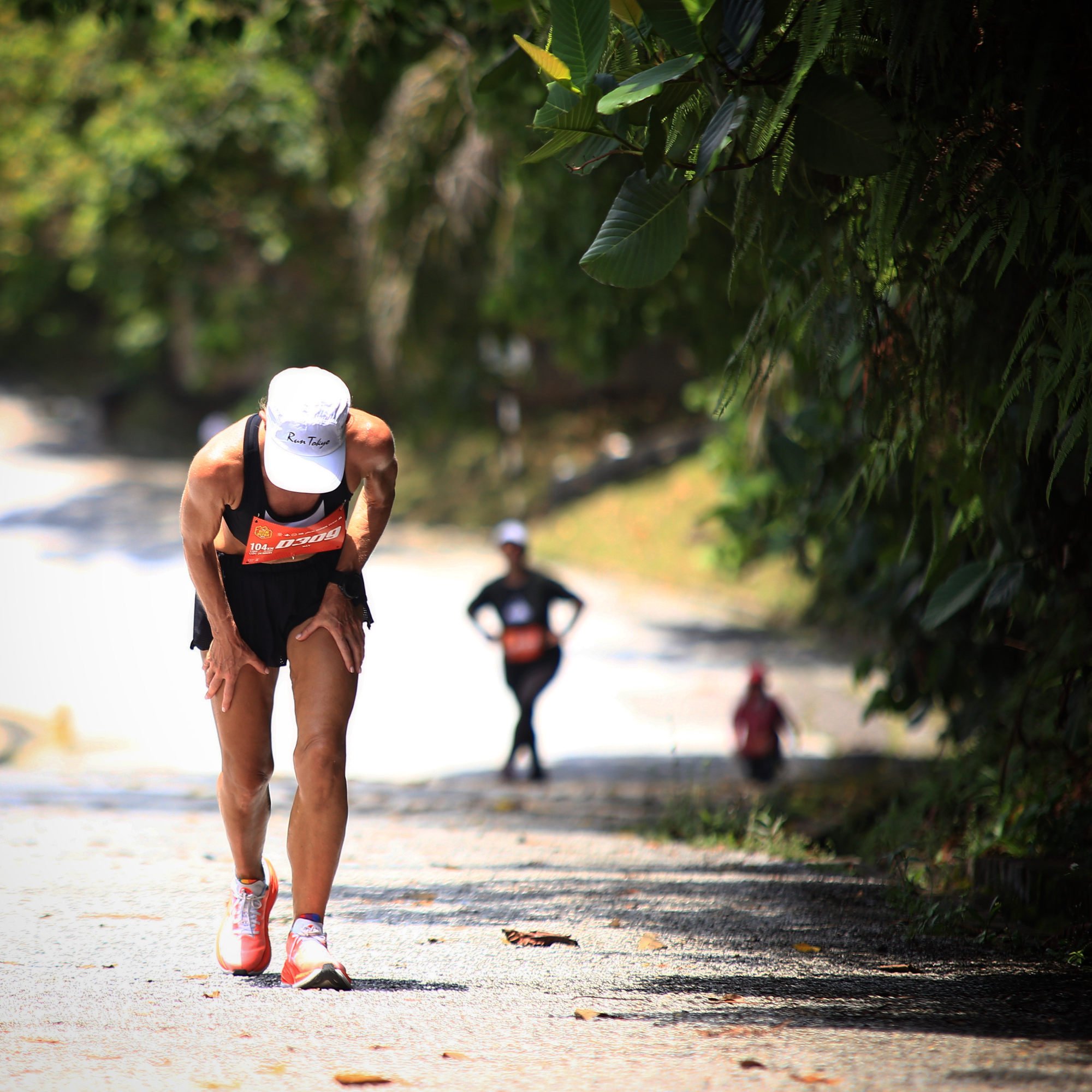
On her own endurance challenge, which she completed in aid of the charity GRLS, Dau said she “panicked” when a damaged hip threatened the potential “embarrassment” of ending her run on day one.
Her legs “almost doubled in size” as she suffered with rhabdomyolysis, which causes the rapid breakdown of skeletal muscle, while a urinary tract infection led to her “peeing blood for seven days straight”.
Dau’s trainers melted in the blistering Thai heat, too.
Nonetheless, she completed the rough equivalent of two marathons per day, despite the closing 20 kilometres typically being a “s*** show”.
Dau only began ultra-running in 2019, but has won all 10 of her competitive events. The Australian, who has lived in Singapore for 21 years, hoped to show women who suffer “mother’s guilt” when apart from their child that “taking time to exercise makes you feel better and happier”.
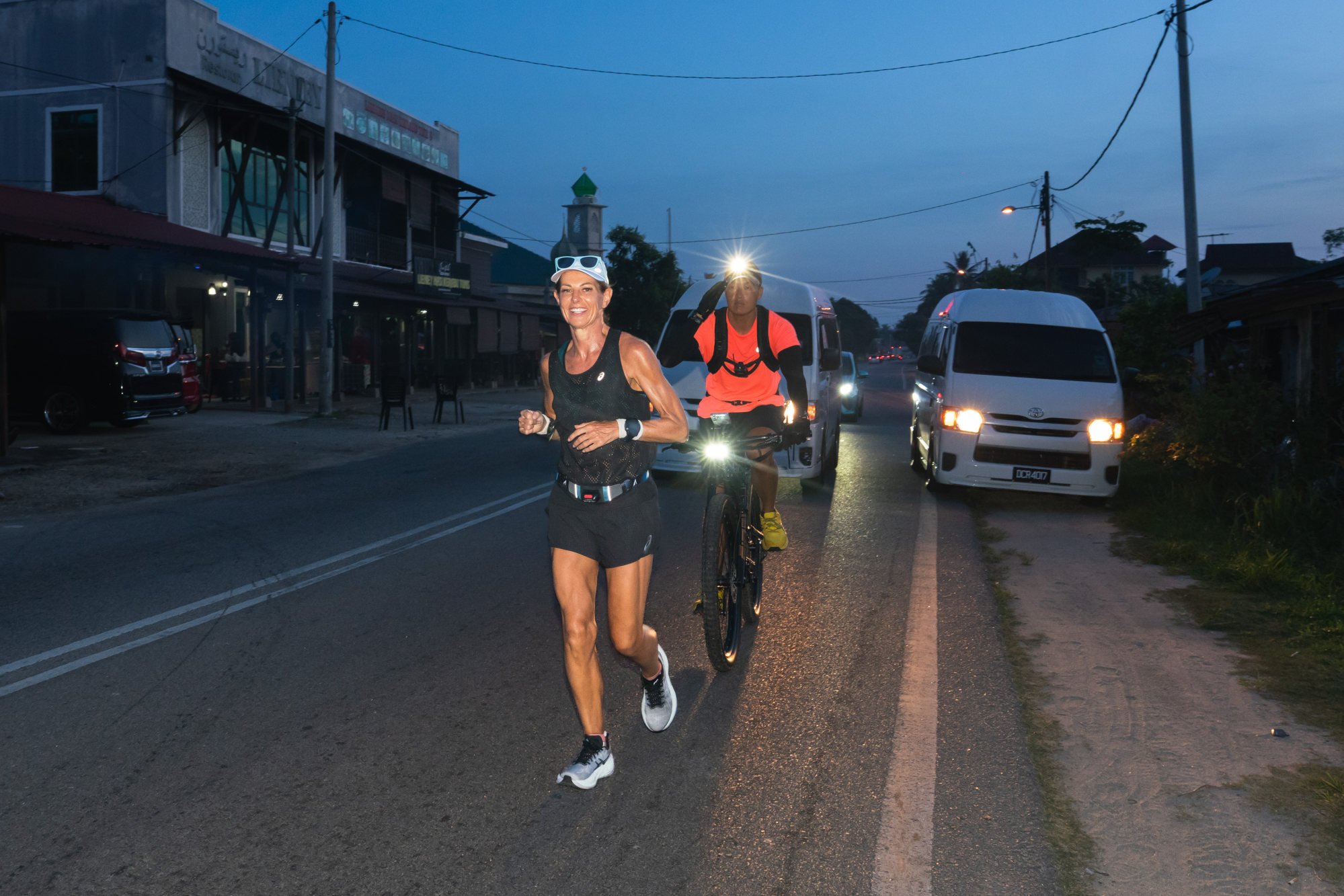
Increasing numbers of female athletes are resuming elite sport after starting families. Mother-of-three Helen Glover, the British two-times Olympic rowing champion, will compete in her fourth Games this summer.
Kenyan Faith Kipyegon won 1,500m Olympic gold in Tokyo, in 2021, three years after giving birth to daughter Alyn when she was 24.
“In the past, it was assumed women who had a child wouldn’t come back,” Dau said. “It is clear, though, that [becoming a mum] doesn’t mean the end of a sporting career.
“There’s no right age [for sportswomen] to have a child. If you are 26, or 30, it is possible to still achieve great things. It’s your journey.
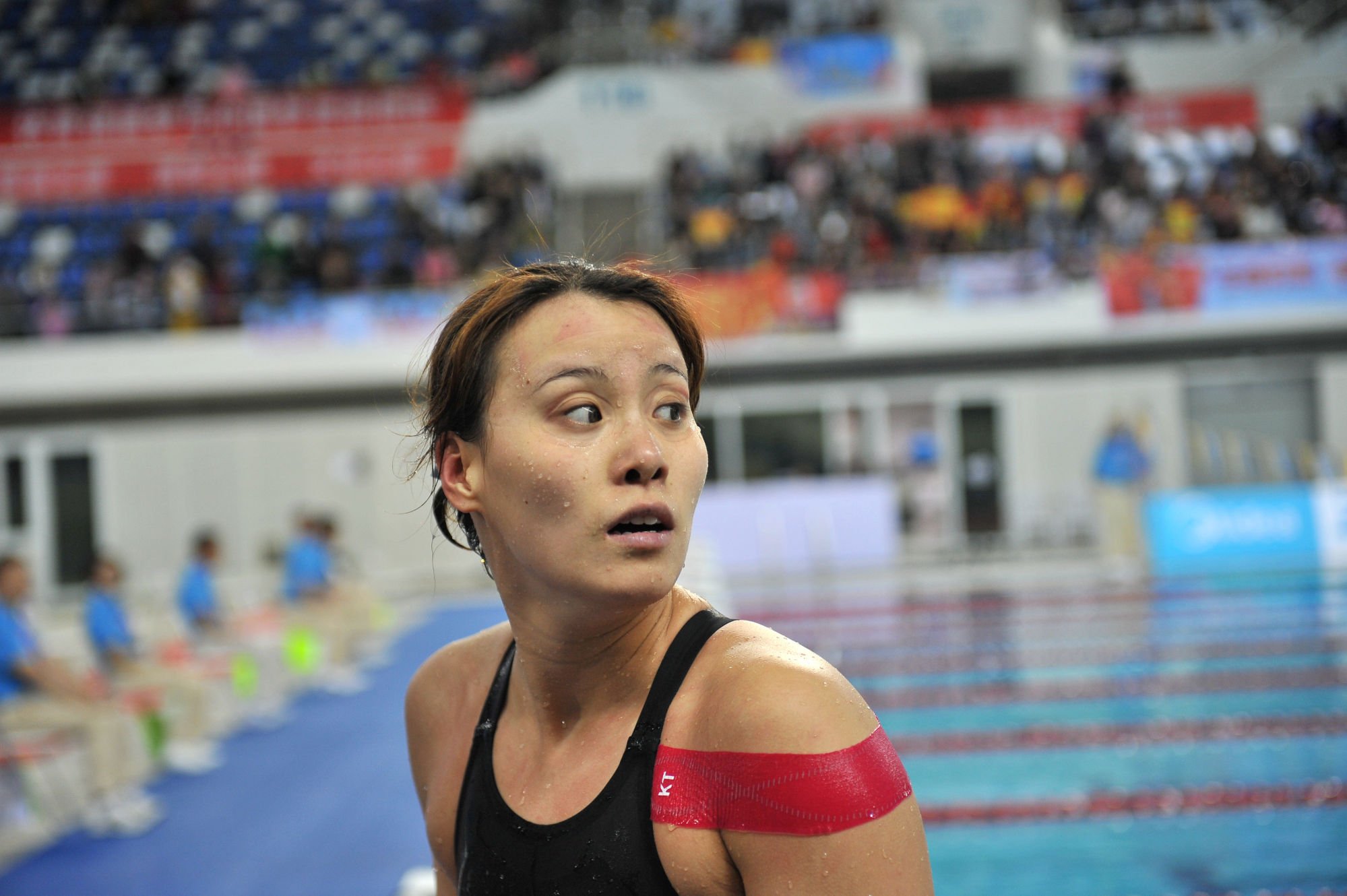
“I think we’ll see more of these stories told at the Olympics. More athletes are open to telling them, and people are open to hearing them.
“In the past, mothers, perhaps, thought they would be judged, or not picked for a team, because of a perception their priority was elsewhere. That has changed. At the US Olympic trials, children were on the track celebrating with their mums.
“That normalises being a mum in sport, and empowers other women to think it’s OK to have a child. It also tells mothers who aren’t professional athletes that they can still have fitness as part of their lives.”
Dau said the subject of menstruation in sport is still shunned in Asia.
“It’s going to take a lot of work for people to openly discuss it, and not feel embarrassed,” she said.
“Education is important, it’s not realistic to assume you will perform at the same level every day of the month. Previously, we’ve been told to push through.
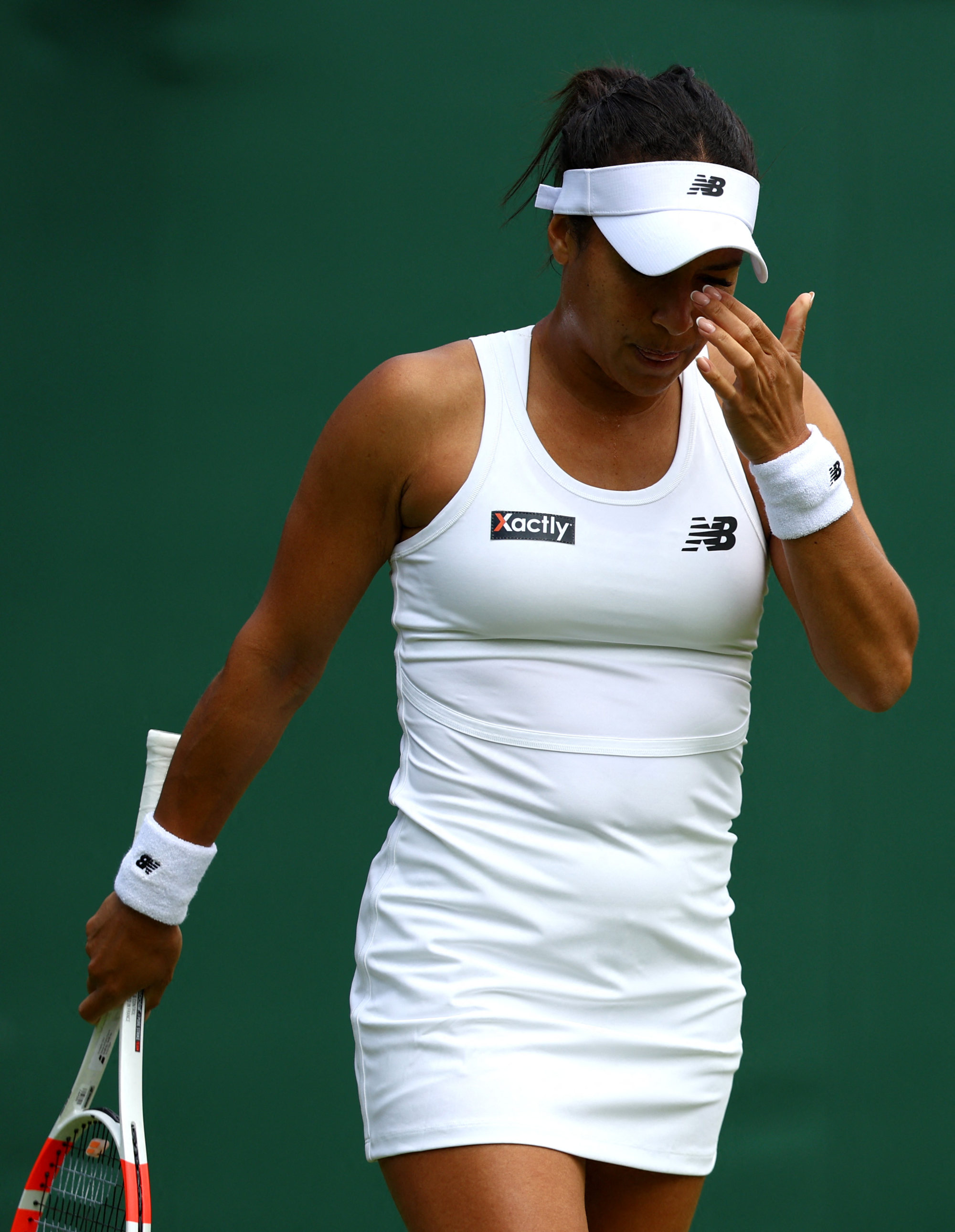
“If we understand our bodies better, when to push them, and when to step back, we can achieve much more. Men embracing the topic helps, because so many females, myself included, have a male coach.”
Chinese swimmer Fu Yuanhui was broadly praised after attributing a disappointing relay leg at the Rio Olympics to being “particularly tired”, because her period had started one day earlier.
British tennis player Heather Watson has spoken about “having to factor my period into my working life”. “It affects my energy levels, body temperature, and often makes me feel bloated, dizzy and lethargic,” she said.
Watson also said she took the pill to skip her period during past Wimbledon tournaments, to avoid bleeding in white kit. The all-white rule has since been relaxed, while the England women’s football team recently switched to blue shorts.
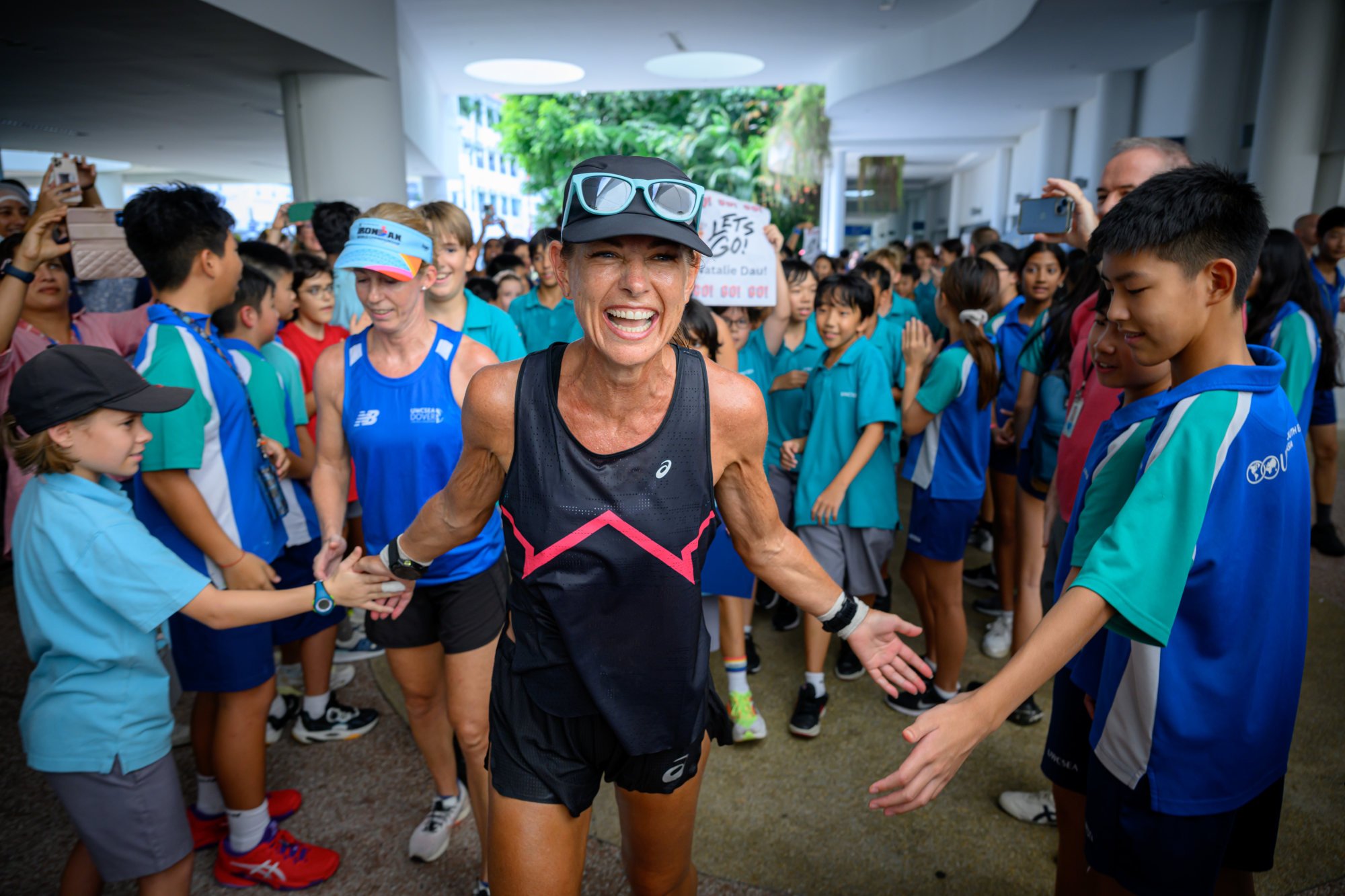
“It is cosmetic, but a major change,” Dau said. “These decisions [about sportswear] have previously been made by men, but teams and sports associations have a responsibility. Women are different, not mini-men. And we’re very different when it comes to performance.
“Sometimes, when women speak up, people shoot them down, and say they’re making excuses. Those women are actually very brave.
“I hope the conversation continues in Paris, and women are embraced for talking about it.”

